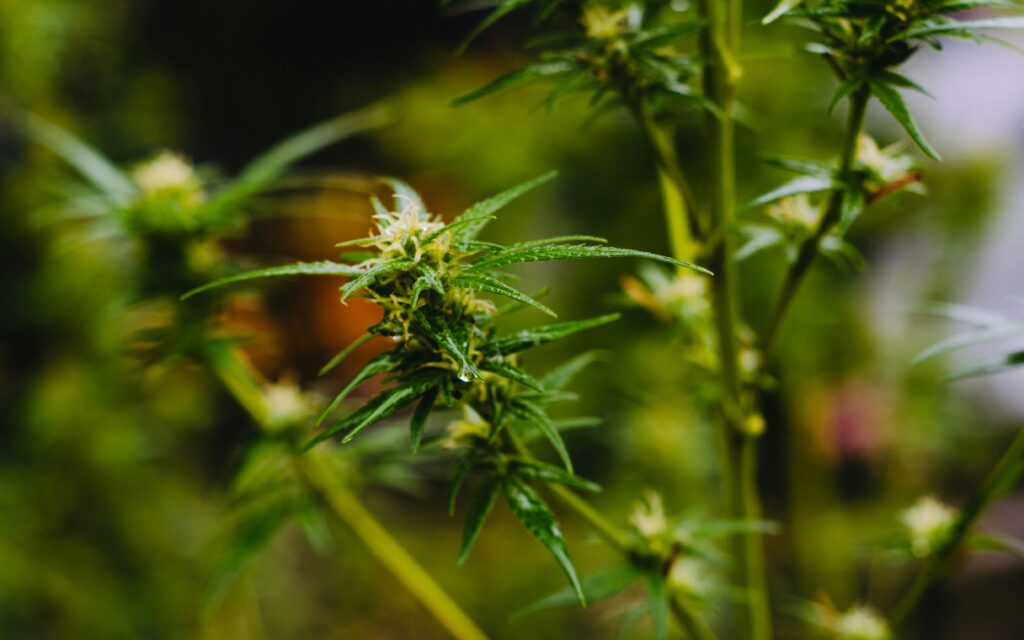In a move directly affecting cannabis research, the US Food and Drug Administration (FDA) released preliminary guidance on the government’s approach to several topics pertaining to clinical research related to the development of drugs containing cannabis or cannabis-derived compounds.
The guidelines, released on July 21, 2020, outline how companies seeking approval to develop cannabis-based products for human consumption must follow the traditional drug review and approval process.
One of the only drugs that falls into that category – and was approved by the FDA in 2018 – is Epidiolex, a cannabis-based extract that has been shown effective in significantly reducing seizures caused by two rare forms of epilepsy that begin in childhood: Dravet Syndrome (DS) and Lennox-Gastaut Syndrome (LGS).
Though the 2018 Farm Bill legalized hemp, one might argue that the bill legalized cannabis plants with less than 0.3% THC in them as well as the myriad cannabinoids found in the plant, which researchers have been analyzing for years and hoping for more access.
The wording of the FDA’s latest guidelines indicates that researchers are no longer compelled to follow existing restrictions that cover marijuana, so long as they and their providers comply with the federal definition of hemp.
CBD and The Farm Bill
With the passage of the 2018 Farm Bill, CBD has existed in a sort of regulatory limbo, despite its meteoric popularity and ubiquitous appearance on the market.
While the Farm Bill legalized hemp, it did not legalize CBD, but rather moved enforcement of it away from the Drug Enforcement Administration (DEA) to the FDA, most likely because of the agency’s involvement with approving Epidiolex.
Meanwhile, the FDA has continued to warn CBD companies not to add the substance to their food or drink products nor to make unsubstantiated health claims.
FDA Recommendations for CBD Companies
In the new guidelines, the FDA advises researchers not to exceed the permitted concentration of THC.
“Sponsors and investigators may find it useful to calculate the level of delta-9 THC in their proposed investigational drug product early in the development process to gain insight into the potential control status of their product,” said the guidelines.
The FDA guidance points out that it does not “establish legally enforceable responsibilities,” but rather “should be viewed only as recommendations.”
Public comment is open for 60 days.





